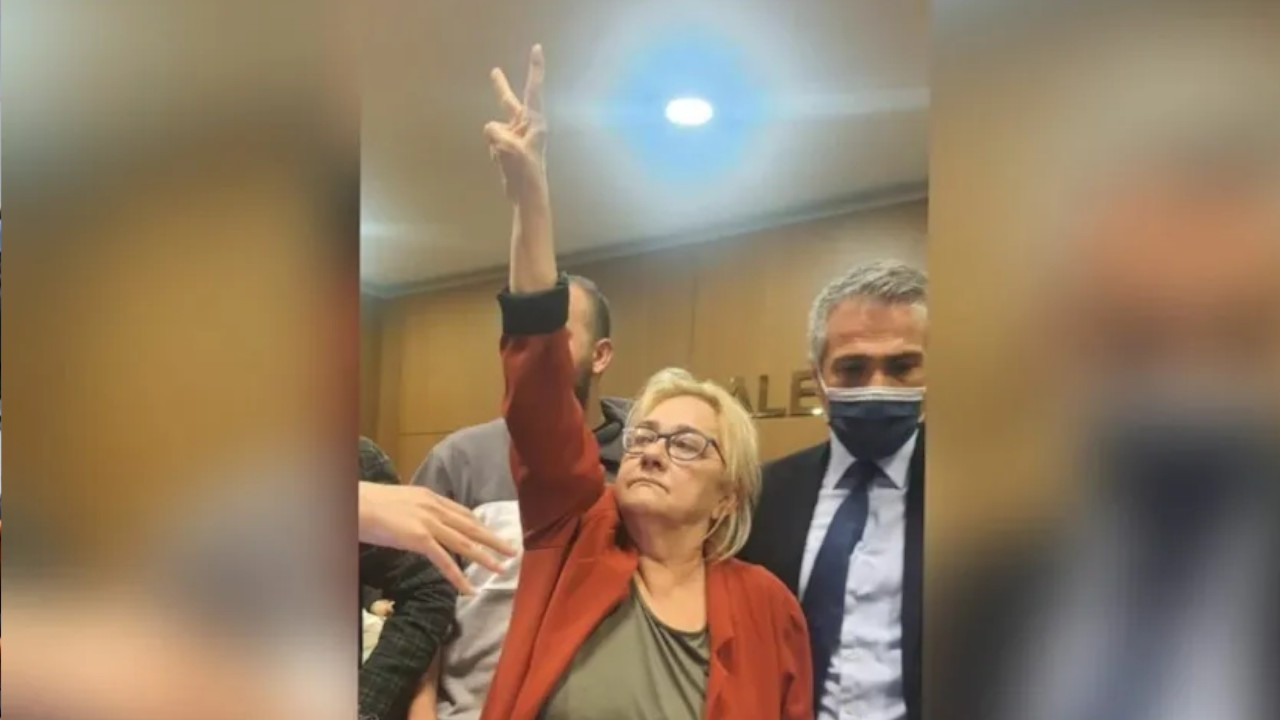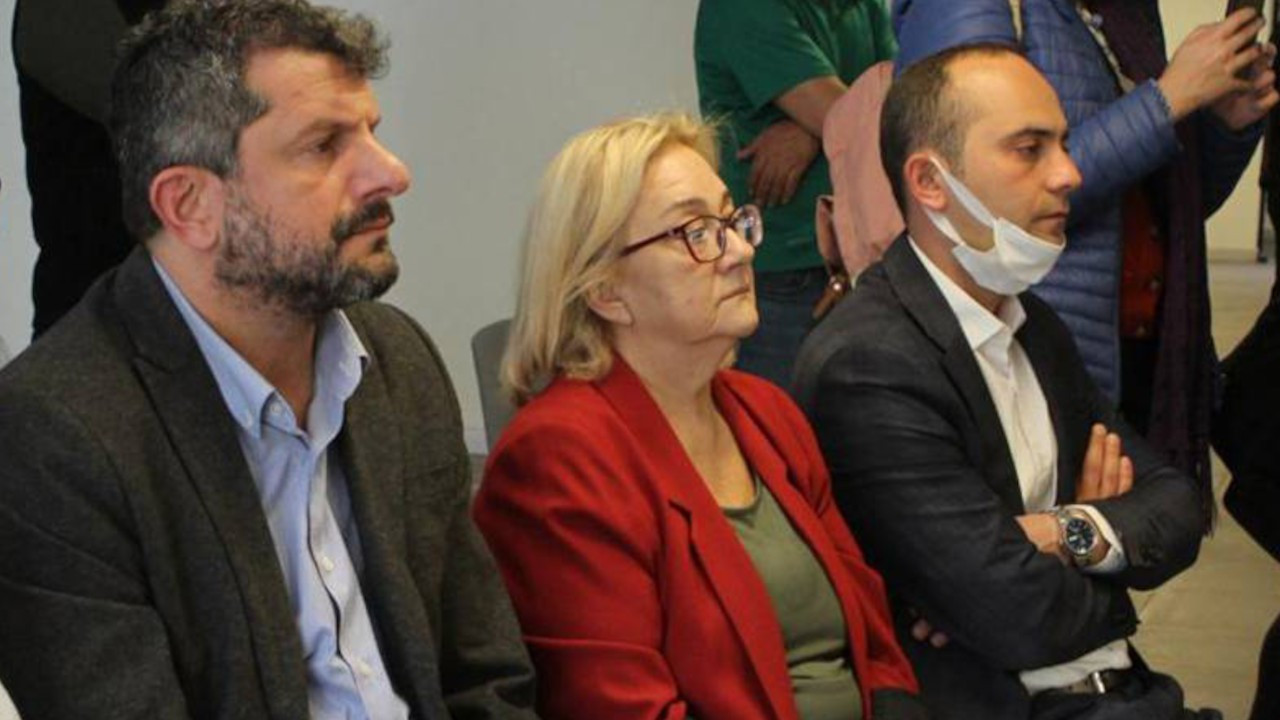Top Turkish prosecutor says jailed MP Can Atalay can’t benefit from parliamentary immunity
The Court of Cassation’s chief public prosecutor has demanded the approval of convictions of all Gezi Park defendants except architect Mücella Yapıcı and submitted that Can Atalay, the imprisoned MP of the Workers' Party of Turkey (TİP), cannot benefit from parliamentary immunity.
Can Bursalı / Gazete Duvar
The chief public prosecutor's office of the Court of Cassation has penned their opinion on the Gezi Park case and asked for the approval of convictions of all defendants except architect Mücella Yapıcı.
The written opinion (“tebliğname”) said that there was not “sufficient, accurate and convincing proof” that Yapıcı committed the crimes levied against her.
The prosecutor submitted a negative opinion on the release of Can Atalay, one of the defendants of the Gezi Park case who was elected as a parliamentarian in the May 14 elections, saying that Atalay was convicted on the charge of “attempting to overturn the government” which is why he can’t be granted parliamentary immunity.
The right to parliamentary immunity cannot be used if the lawmaker has been convicted of crimes mentioned in Article 14 which have the aim "to violate the indivisible integrity of the State with its territory and nation, and to endanger the existence of the democratic and secular order of the Republic based on human rights."
The prosecutor’s written opinion has been sent to the Court of Cassation’s 3rd Penal Chamber for a final decision.
Atalay and Yapıcı were among the seven defendants who were sentenced to 18 years in prison in the Gezi Park trial finalized last year. They were convicted for “assisting to the attempted abolishment of the government.” Human rights defender Osman Kavala, on the other hand, was sentenced to life imprisonment as he faced the charge of “attempting to abolish the government.”
Afterwards, a regional court of appeal upheld these convictions, but the sentences were later appealed to the Court of Cassation, Turkey's highest appeals court.
(English version by Didem Atakan)

 Justice Minister says MP Can Atalay’s case outside scope of parliamentary immunityPolitics
Justice Minister says MP Can Atalay’s case outside scope of parliamentary immunityPolitics In protest of ill-treatment, Gezi prisoner Mücella Yapıcı will not go to hospitalPolitics
In protest of ill-treatment, Gezi prisoner Mücella Yapıcı will not go to hospitalPolitics Top Turkish court rejects appeals of Gezi Park defendantsPolitics
Top Turkish court rejects appeals of Gezi Park defendantsPolitics